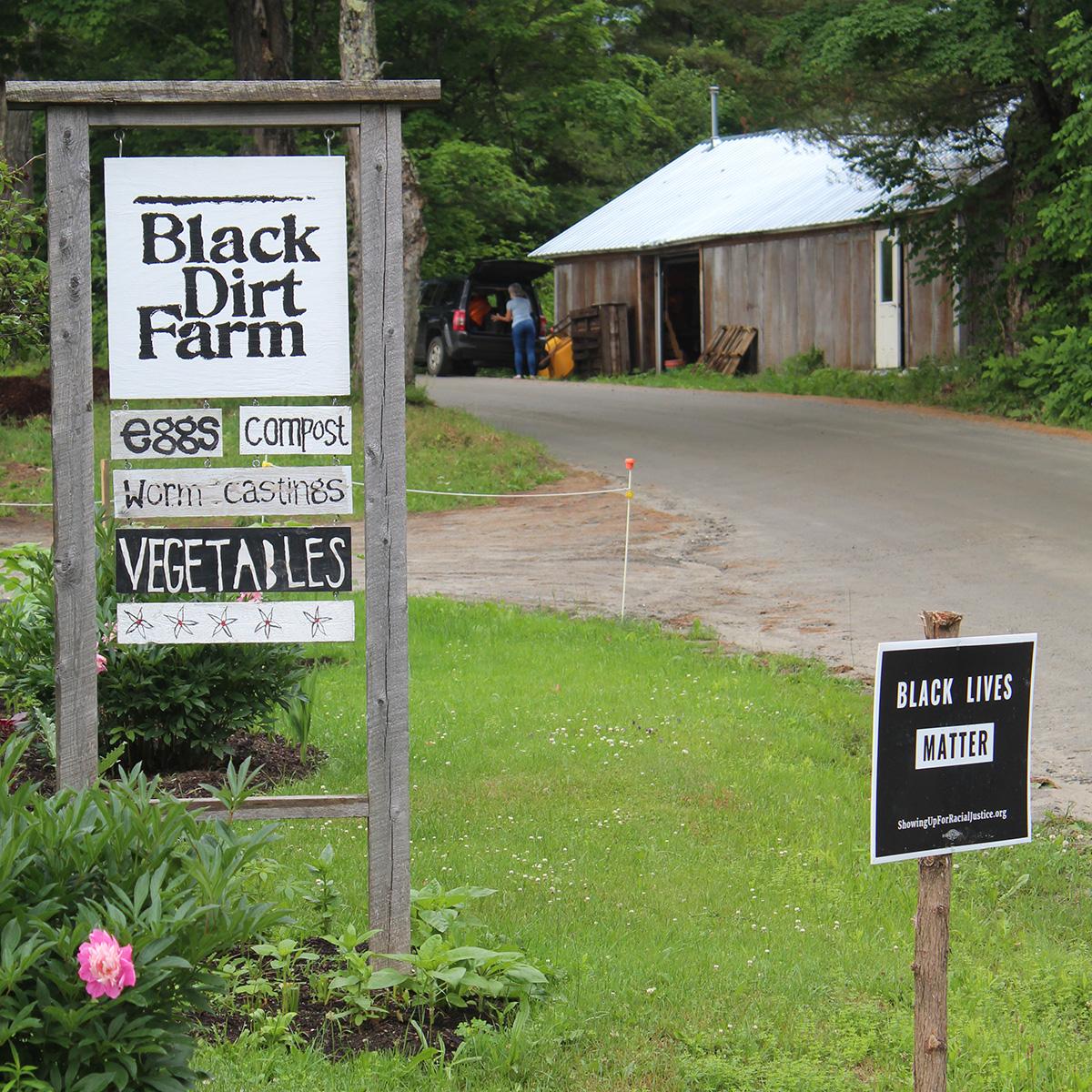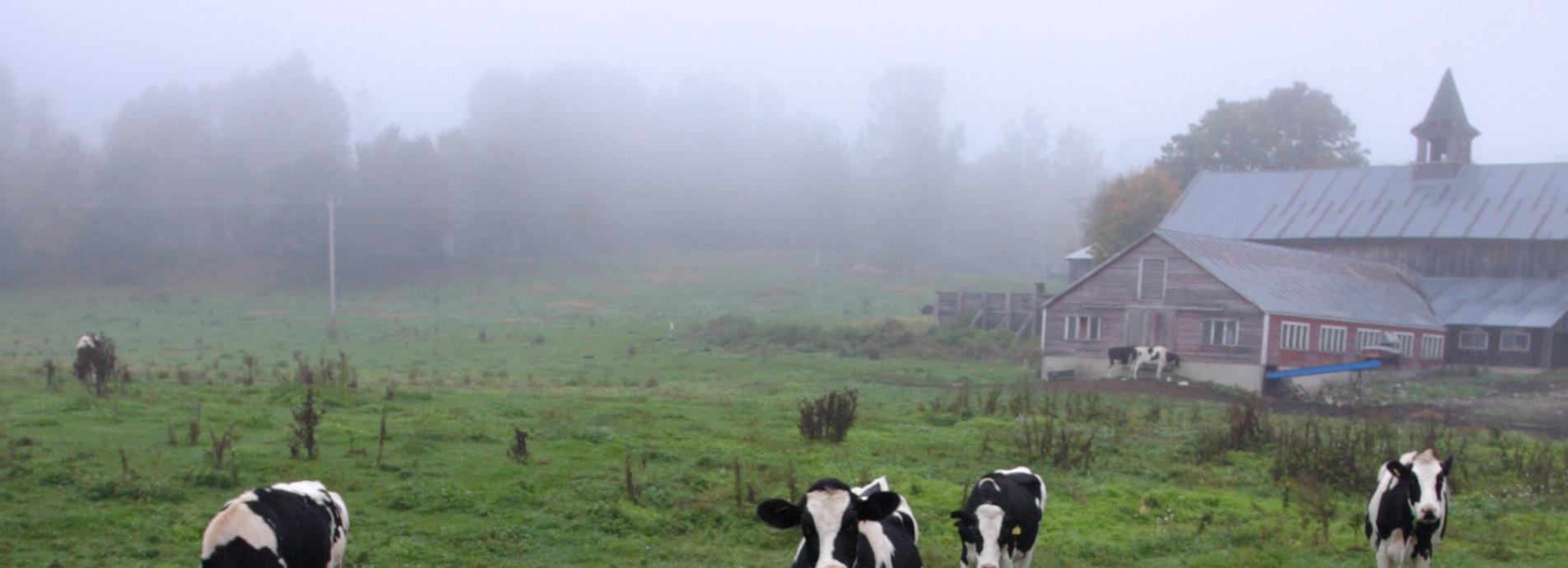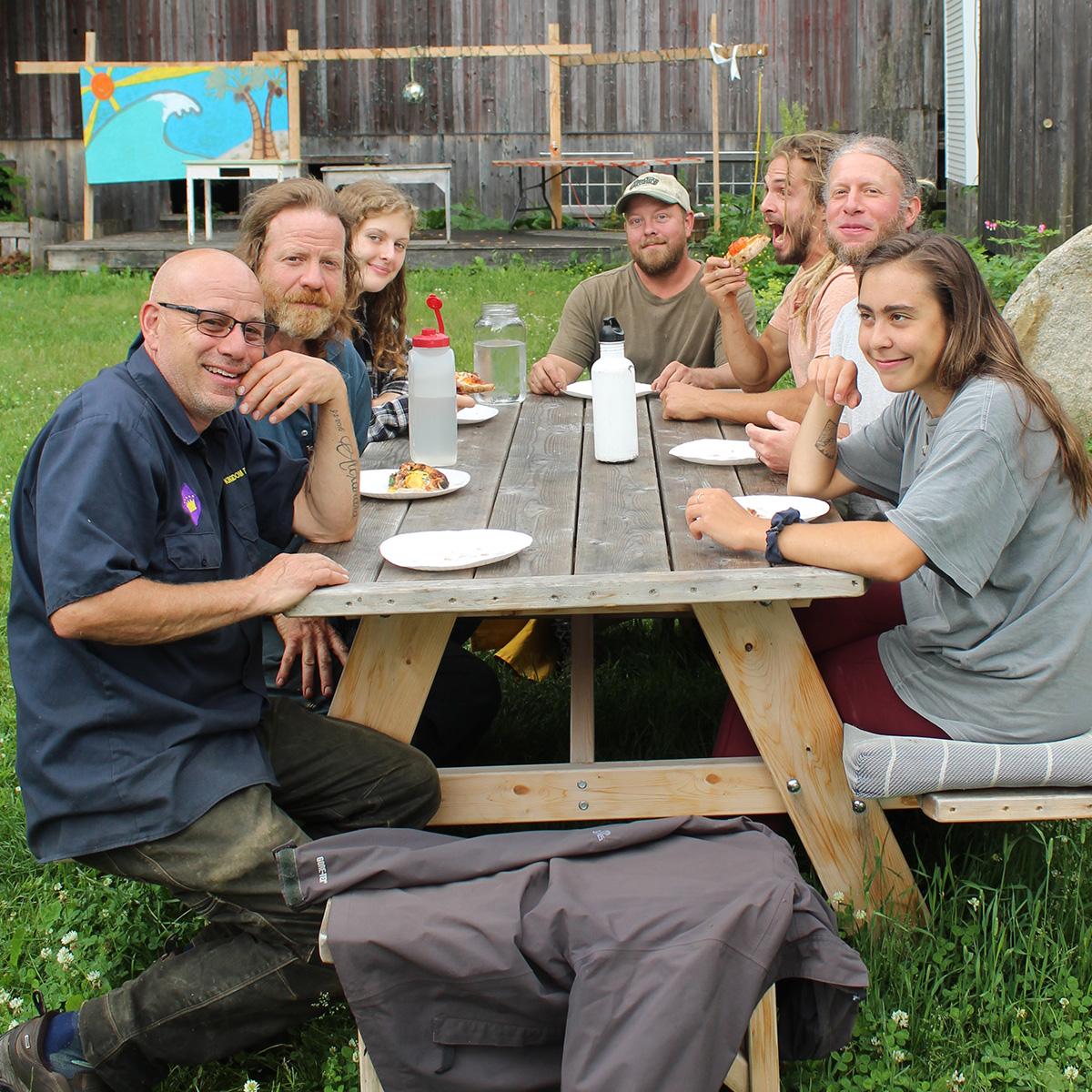
On July 1, 2020, NOFA-VT staff brought our mobile pizza oven to the Northeast Kingdom to make pizza for the crew at Black Dirt Farm in Stannard and several nearby organic farms (Flywheel Farm, Cate Hill Orchard and Provender Farm). Black Dirt Farm is a diversified family farm that collects food scraps from their community, forages hens, makes compost and worm castings with the excess food and manure, and uses them to nourish their soils and crops.
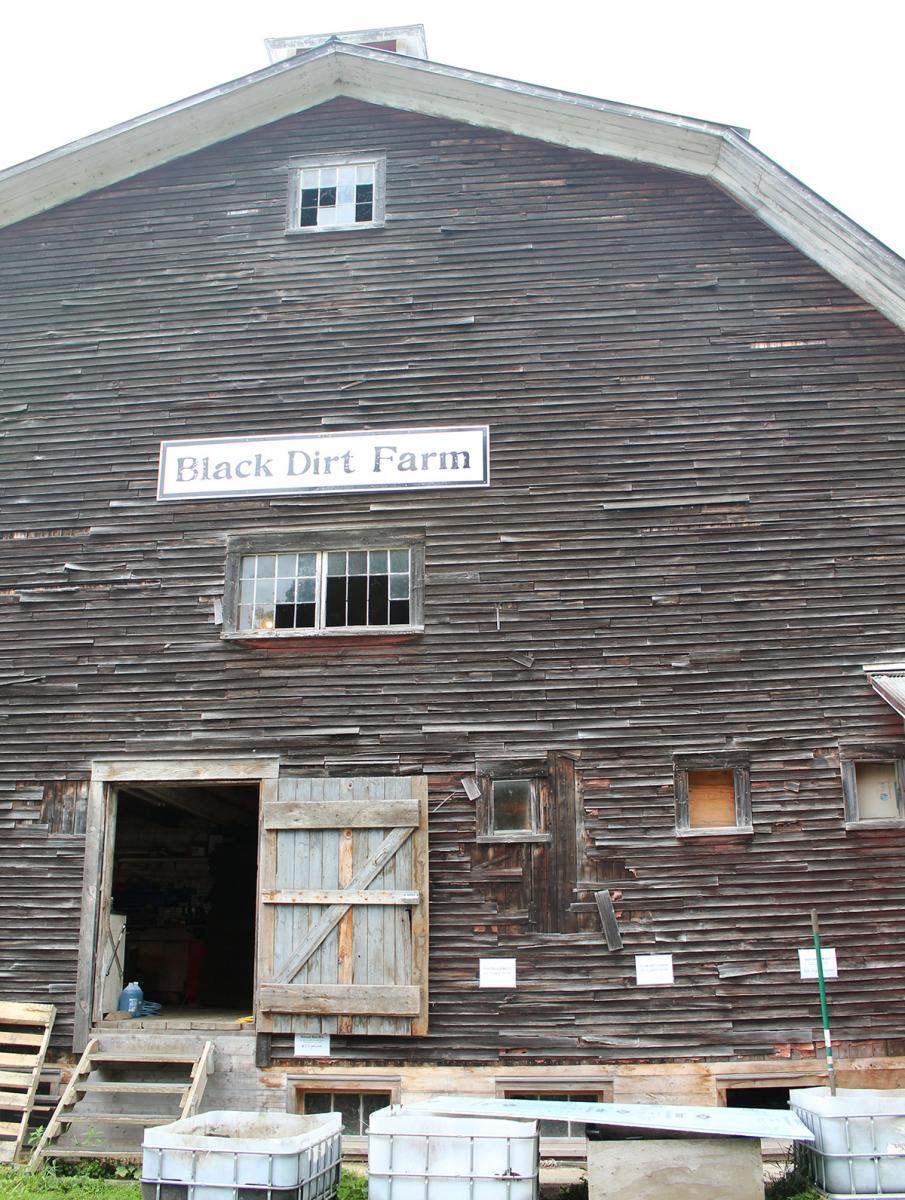
We were excited to feed the farmers at Black Dirt because of their deep commitment to practices that center the health of land, animals and people. July 1st was a particularly meaningful day to be on their farm, because it was the very same day that Vermont's Universal Recycling Law (URL) took full effect. The URL requires, among other things, that all food scraps from homes and businesses be diverted from landfills.
Black Dirt has a long history of making compost and worm castings, and foraging their laying hens using food scraps that might otherwise go to waste. Foraging chickens on food scraps is a farming practice that exemplifies the best of what organic, regenerative agriculture can be. By cycling nutrients found on the farm (and in their case, repurposing waste from their neighbors) to grow nutrient dense food for their community, Black Dirt grows nutrient dense food for their community, keeps food waste out of landfills, and helps fight climate change.
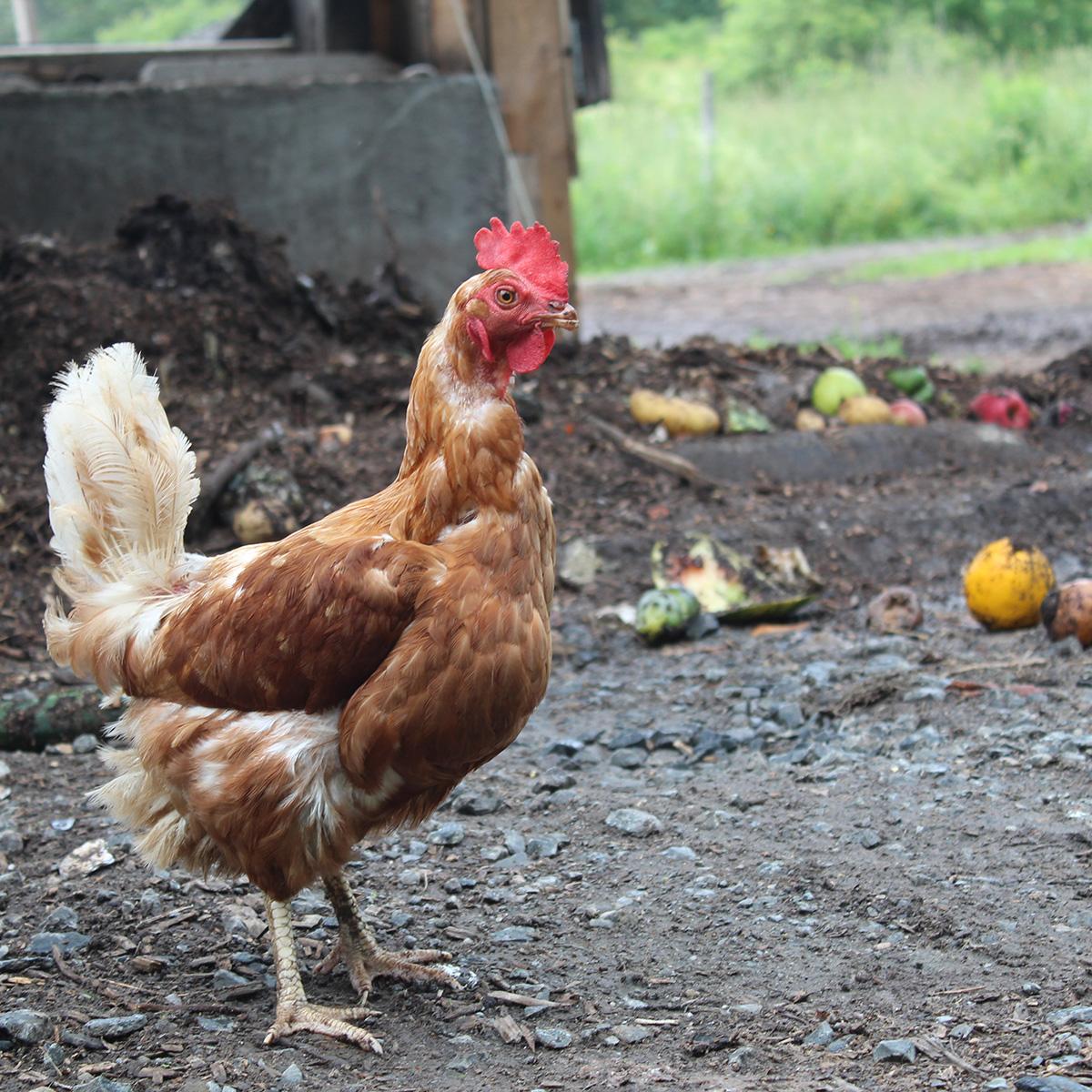
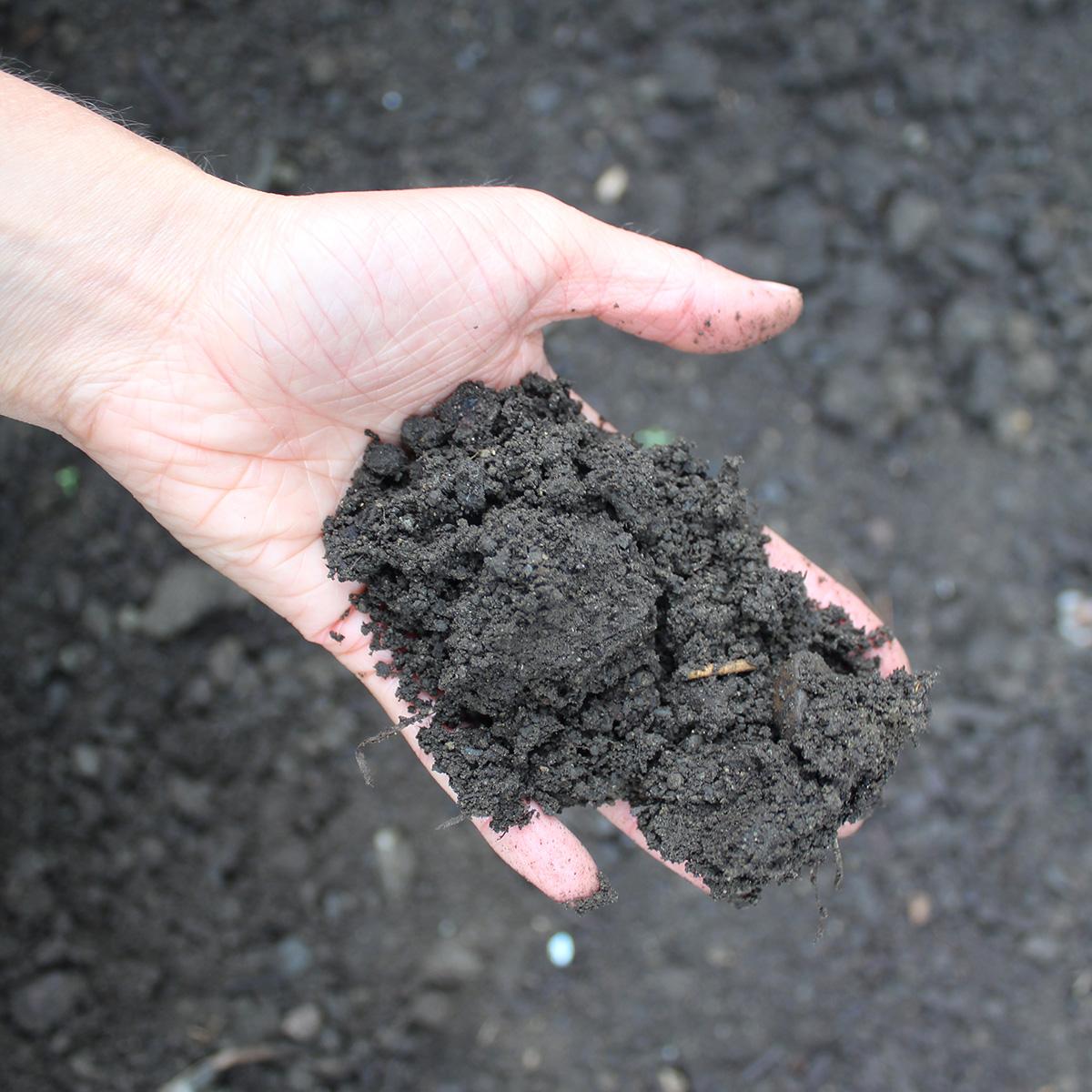
According to Project Drawdown, food that is produced but not eaten contributes 8% of the world's total greenhouse gas emissions, and reducing food waste is one of the single most impactful actions for reducing the effects of climate change. Composting food scraps is also an important climate solution.
You can learn more about Black Dirt Farm and how to purchase their worm castings, bulk compost, eggs and more here.
